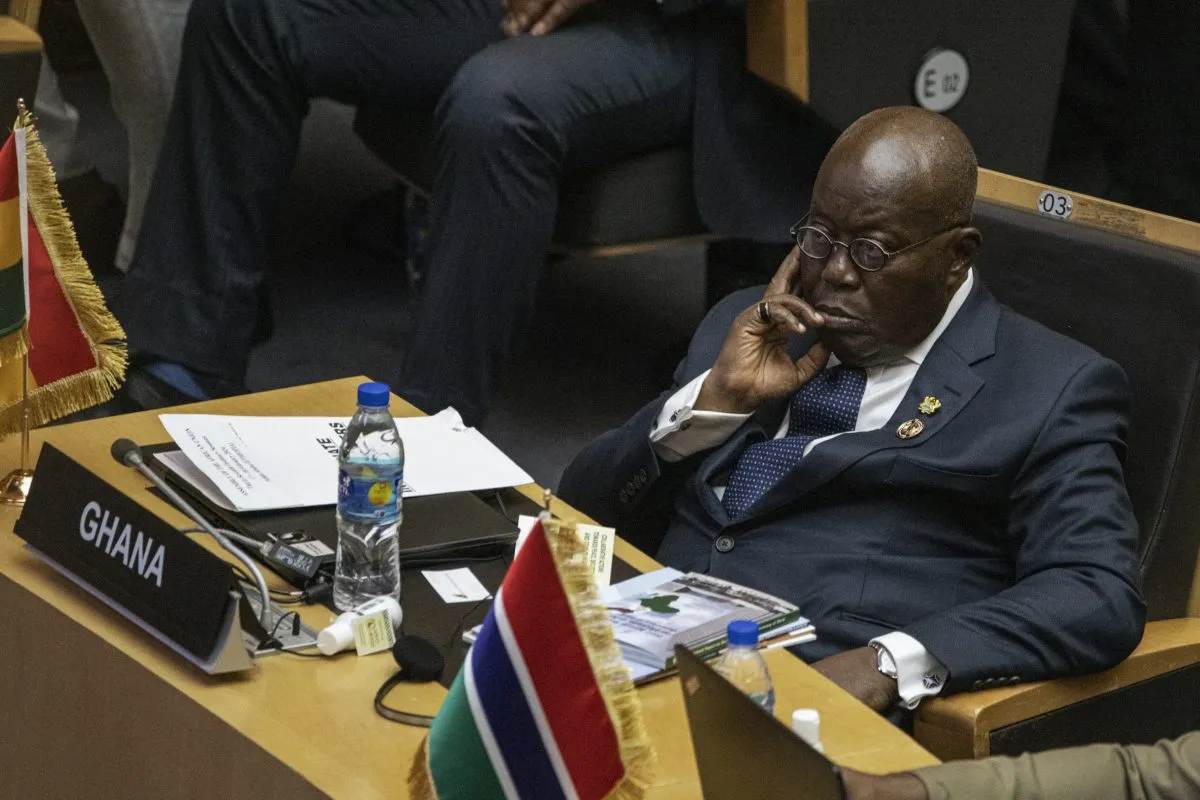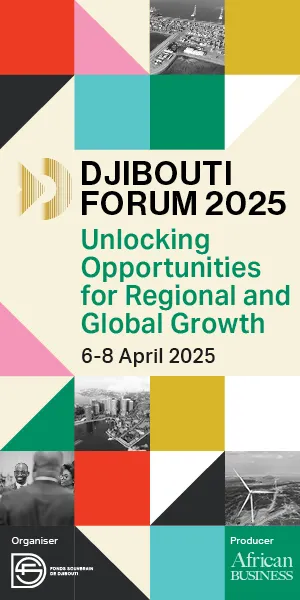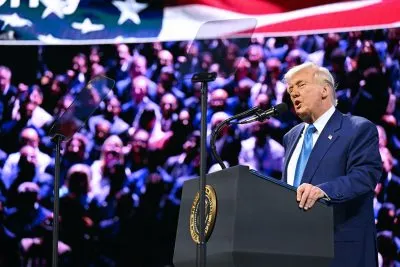There is significant doubt over whether the Ghanaian parliament’s anti-LGBT+ law will be enacted after the country’s finance ministry signalled its opposition and President Nana Akufo-Addo said he would await a Supreme Court ruling on the law’s constitutionality.
Last week, the Ghanian parliament passed a bill proscribing prison sentences of up to three years for individuals identifying as LGBT+ and five years for those “promoting” LGBT+ activities, but economic policymakers and human rights activists alike are hopeful that the legislation can be blocked.
In documents leaked to the media, Ghana’s finance ministry suggested that the move would jeopardise $3.8bn of World Bank funding over the next five to six years, meaning that Ghana would have to cut its 2024 budget by $600m. The country’s Financial Stability Fund, which provides liquidity to Ghanaian banks in the hope of improving macroeconomic stability, would also need to be cut by $250m, the ministry argued.
Ghana is already facing serious economic challenges having defaulted on almost all its foreign debt in December 2022 and is the recipient of an ongoing $3bn IMF programme, of which a second tranche worth $600m was disbursed in January. That in turn was expected to unlock $550m in World Bank funding.
A withdrawal of future World Bank assistance would likely cause further turmoil. The World Bank has previously cut off funding to African countries that it deems to be regressing on human rights. Last year, the bank halted new funding to Uganda after the country criminalised the “promotion of homosexuality” and introduced the death penalty for “aggravated homosexuality.” However, the Washington-based institution has not yet commented on Ghana’s anti-LGBT+ bill.
The finance ministry also predicted that the legislation would “negatively impact on Ghana’s foreign exchange reserves and exchange rate stability,” and would also have “dire consequences on the debt restructuring exercise and Ghana’s long-term debt.”
President pauses for thought
The proposed law also cannot come into effect unless it is signed off by President Nana Akufo-Addo. He has since said that he will not sign the bill until the Supreme Court rules on its constitutionality – a legal process that could take the rest of the year.
While previously saying that he would pass the bill if it was supported by the majority of Ghanaians, Akufo-Addo recently said that “no such [human rights] backsliding will be contemplated or occasioned.”
Genevieve Partington, Amnesty International’s country director for Ghana, tells African Business that she is hopeful the bill will be blocked. This is because, despite the view expressed by the Ghanian parliament, both the president and his government appear to be against the move.
“Our president is a human rights activist himself and a lawyer, and I know he is aware of the consequences that could come Ghana’s way should he sign this into law,” she says.
“The Ministry of Finance, the Office of the Attorney General, and the Commission for Human Rights and Administrative Justice have all opposed the bill.”
“It’s good to see that government institutions are coming out to declare this bill a non-starter,” Partington adds. “We’re hopeful that the bill will not be signed.”
However, she adds that LGBT+ individuals are facing increased discrimination regardless of whether the bill ultimately ends up on the statute books.
“Since the bill was passed, there have been instances of violence towards LGBT+ community members, where we have people being beaten up and being extorted for money because they are suspected of being part of the LGBT community.”
Partington is also concerned that, in the event the bill comes into law, this could spark a broader anti-LGBT+ trend within West Africa.
“The challenge here is that Ghana has traditionally been a pioneer of human rights in the region,” she says. “If we pass this bill, I can only imagine what the rest of West Africa will do – they would probably follow suit.”
Want to continue reading? Subscribe today.
You've read all your free articles for this month! Subscribe now to enjoy full access to our content.
Digital Monthly
£8.00 / month
Receive full unlimited access to our articles, opinions, podcasts and more.
Digital Yearly
£70.00 / year
Our best value offer - save £26 and gain access to all of our digital content for an entire year!
 Sign in with Google
Sign in with Google 




